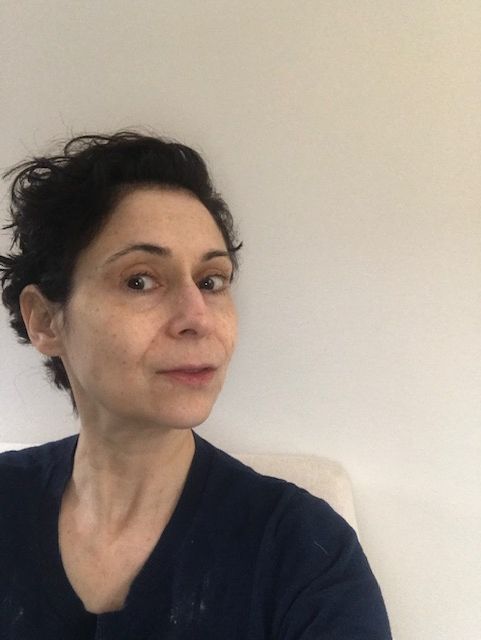or, sonnet of cheating with a friend’s man
Something about the hinge
of your hips, the way you held them straight
when you danced. You pushed my palm to fringe:
the pelt of your belly, then sought the gate
you’d take into my body. Slick
as a wet floor that ruins
suede shoes—the sand tick
that hangs on from sea dunes
and back—you imagined a door
tucked between two wounds, then pushed
there. “Choose,” I said, before
you slid backwards to try ruched
skin. “Not that,” I said, meaning that I knew
that I loved nothing—neither her, nor you.
Susan Comninos‘s poetry has appeared previously in the Harvard Review Online, Rattle, The Common, Prairie Schooner, and North American Review, among other publications. Last year, it was shortlisted for both the Marystina Santiestevan First Book Prize and the Cider Press Review Book Award. She lives and teaches writing in Albany, New York.




